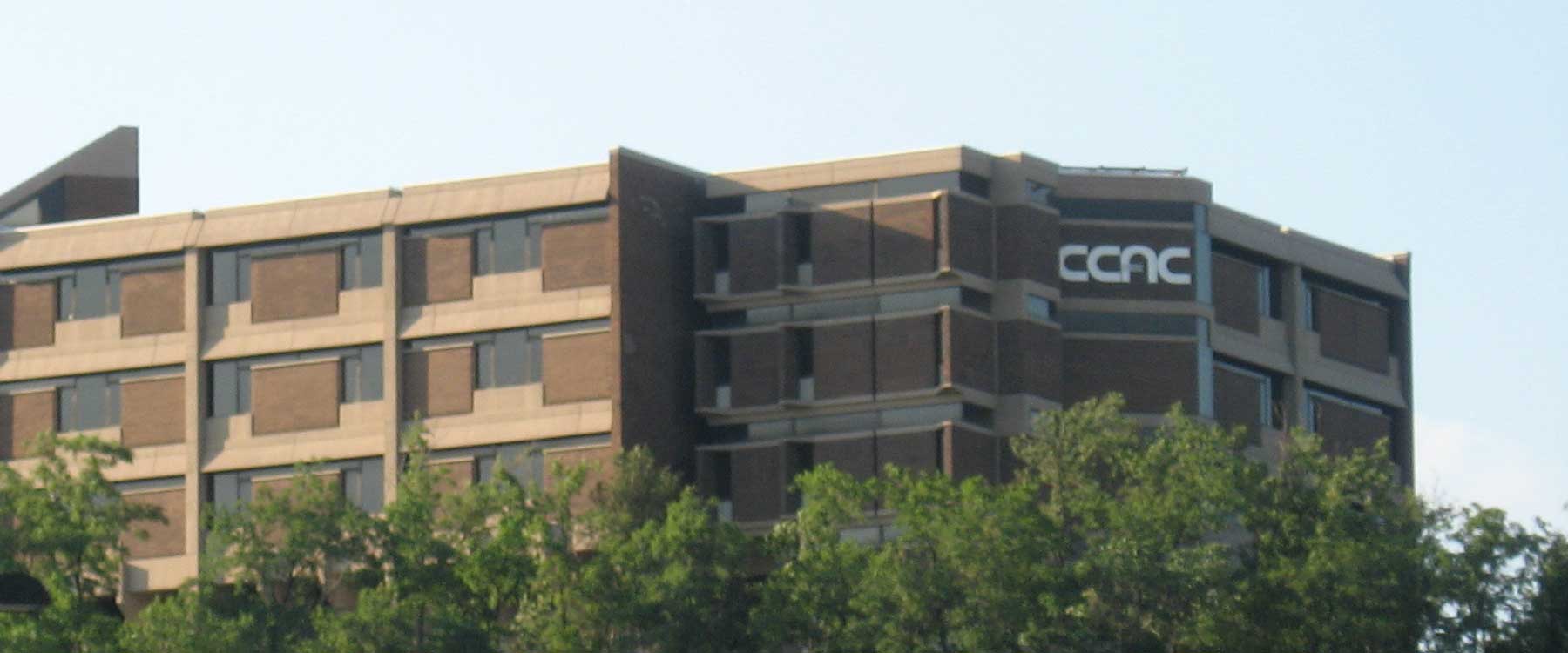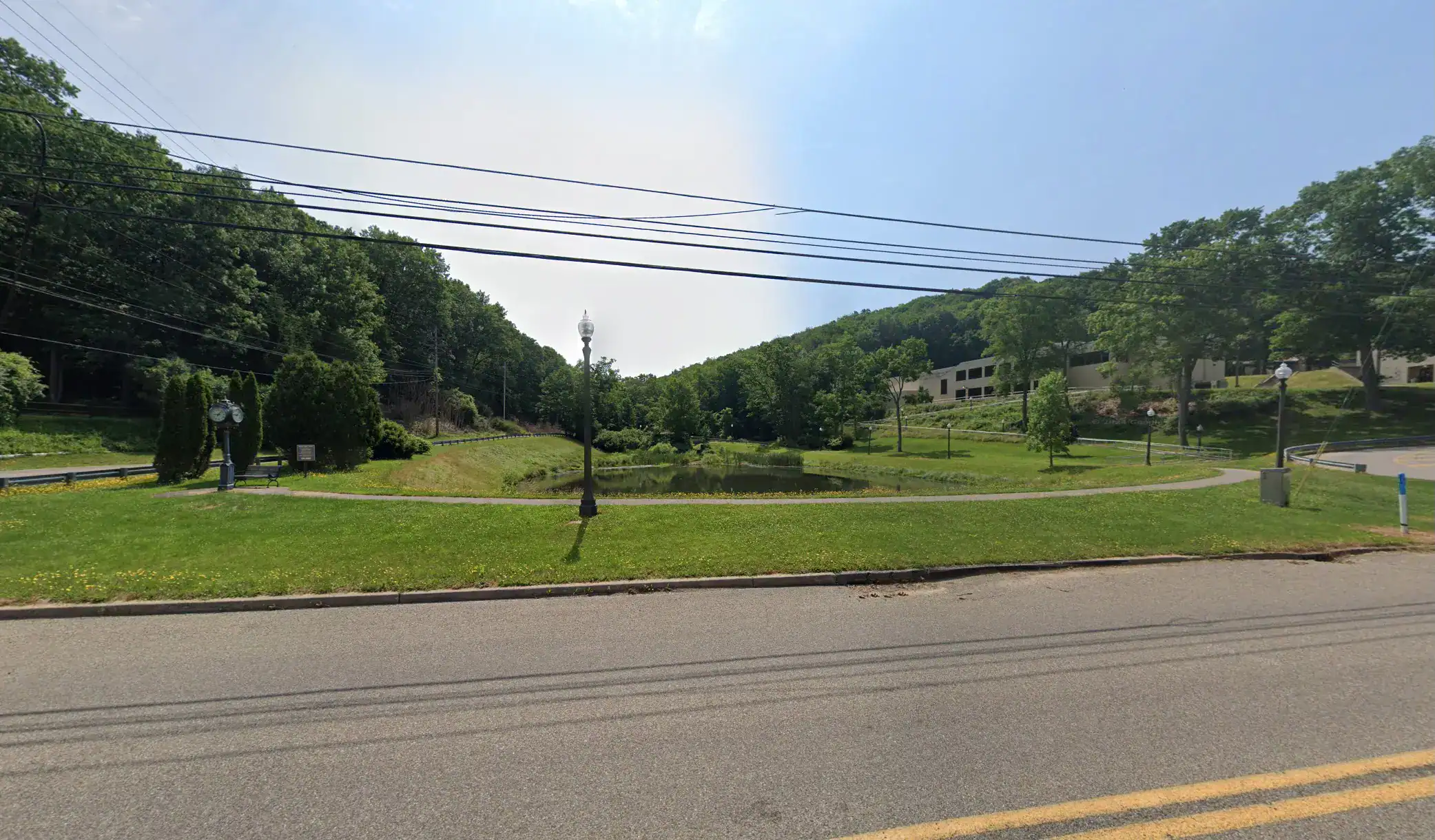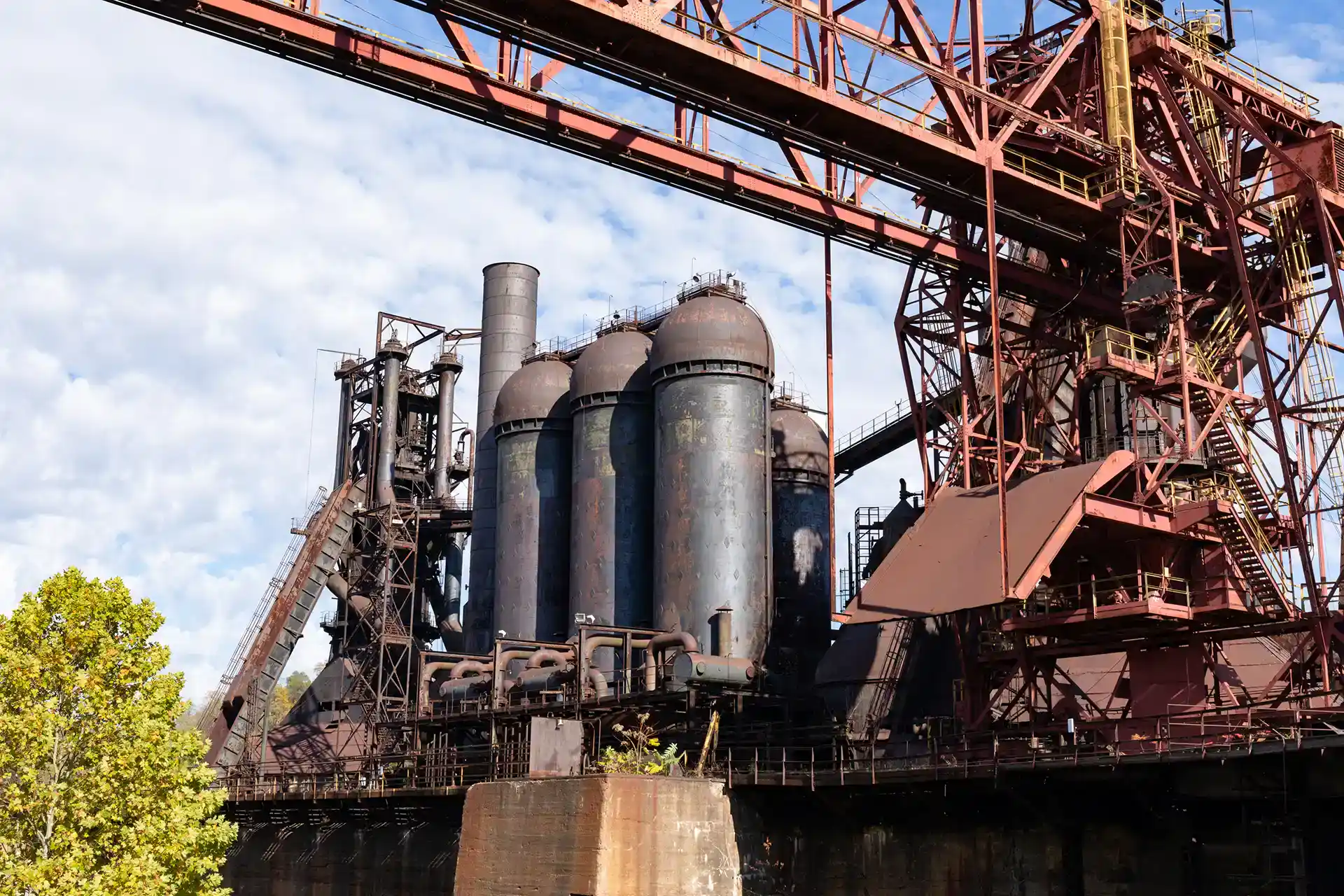Helping Economic Development
A quality workforce is one of the single most important factors for competitiveness. Driven by a fast moving, knowledge-based economy and the necessity for skilled workers in a more dynamic and volatile labor market, the business of workforce development is constantly changing. As the world navigates life post-pandemic, workforce and economic development will be pushed to the forefront. The Great Resignation, as many are naming it, will call in to question the predicted workforce development trends.
The Hill Group provides clients with the research to forecast workforce and economic development trends, and the tools to prepare for the future.
Strategy
Our economic development and workforce development strategy practice combines the firm’s strengths in strategy and facilitation with content expertise in economic development to provide a unique focus in the workforce development arena. The Hill Group can help your organization develop strategies to enhance regional competitiveness and success.
Execution
An abundant, educated, and high-quality workforce is vital for attracting and retaining employers in your region. The Hill Group can enhance your region’s economic development initiatives by identifying high-growth industries and implementing industry partnerships. Additionally, our firm has designed and implemented Workforce Summit Initiatives for both state and regional governments. The Summits are public-private policy forums designed to convene, educate, and mobilize the region’s key stakeholders and opinion leaders to align the supply-and-demand side of workforce development infrastructure.
Measurement
The Hill Group’s measurement services help our workforce and economic development clients to make informed, data-driven decisions around employer needs and policy. Our survey work has helped employers across the region distinguish critical industries, identify shortage occupations within these industries, and understand critical skills needed within these occupations.
Related Case Studies
The Community College of Allegheny County (CCAC) was looking to enhance southwestern Pennsylvania’s economic competitiveness by identifying potential high-growth industries and related emerging workforce needs.
A global telecommunications manufacturer desired to determine current customer interest in purchasing additional value-added products and services. The Hill Group also assessed customer acquisition, retention, and penetration by customer segment, particularly for value-added services and product packages.
In 2024, two long-standing institutions—PennWest Venango campus and the adjacent Venango Catholic High School—closed their doors, leaving behind 100+ acres of valuable yet uncertain space in Oil City. The Oil Region Alliance (ORA), recognizing the cultural and economic significance of these properties, quickly acquired the sites to prevent decline and external buyout. With strong community ties and a desire to drive regional renewal, ORA engaged The Hill Group to lead a process that would reimagine the campus’s future while honoring its legacy.
Rivers of Steel Heritage Corporation (RoS) manages culturally and historically significant industrial sites throughout the Mon Valley and western Pennsylvania. These sites require specialized maintenance skills—blacksmithing, masonry restoration, structural welding—that are increasingly scarce. RoS identified an urgent need to preserve this industrial heritage and train a local workforce in historic trades. The vision: launch a Historic Preservation Workforce Training (HPWT) Program centered at the Carrie Blast Furnaces National Historic Landmark to close the skills gap and boost equitable access to high-quality, place-based jobs.
Like many professional healthcare associations, the South Dakota State Medical Association (SDSMA) faced mounting cultural challenges in the wake of the COVID-19 pandemic, the Great Resignation, and ongoing workforce instability. Medical group managers and clinical leaders were being called upon to lead through heightened uncertainty, often without formal training in organizational culture, team dynamics, or decision-making frameworks. SDSMA sought to empower these professionals with actionable insights and leadership development tools to strengthen communication, decision-making, and team performance across diverse clinical environments.




